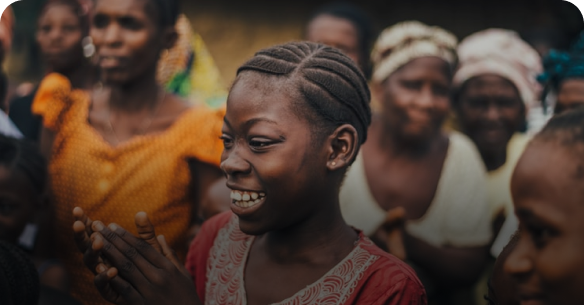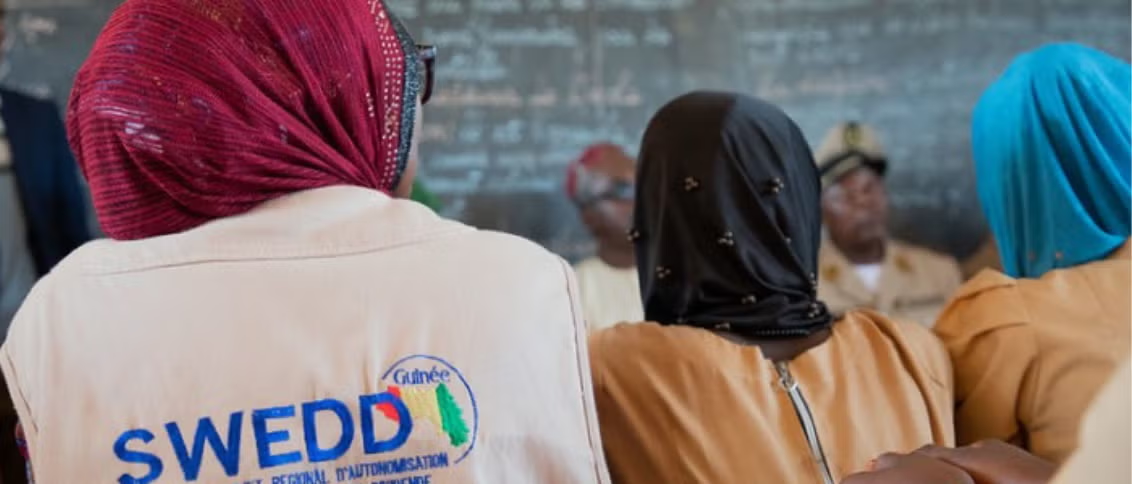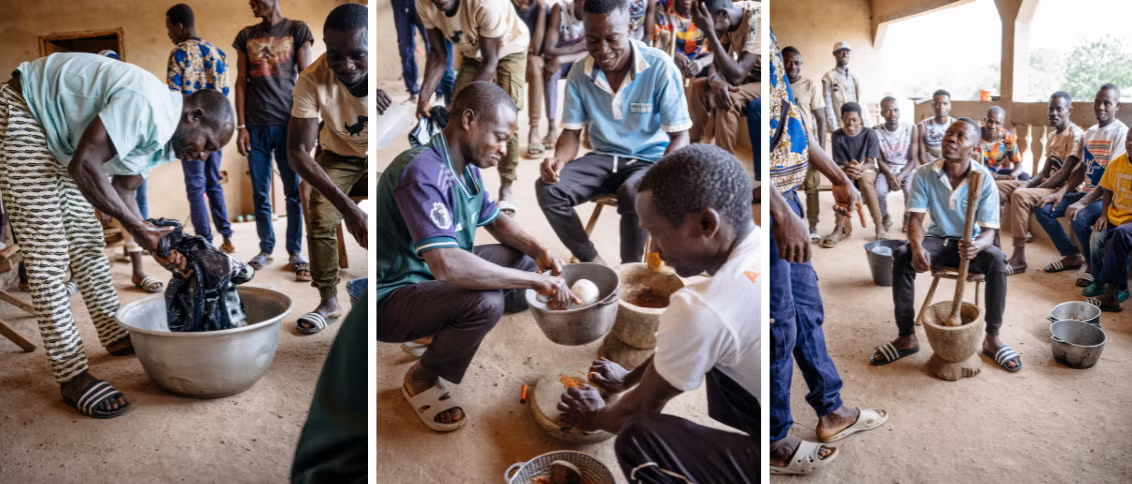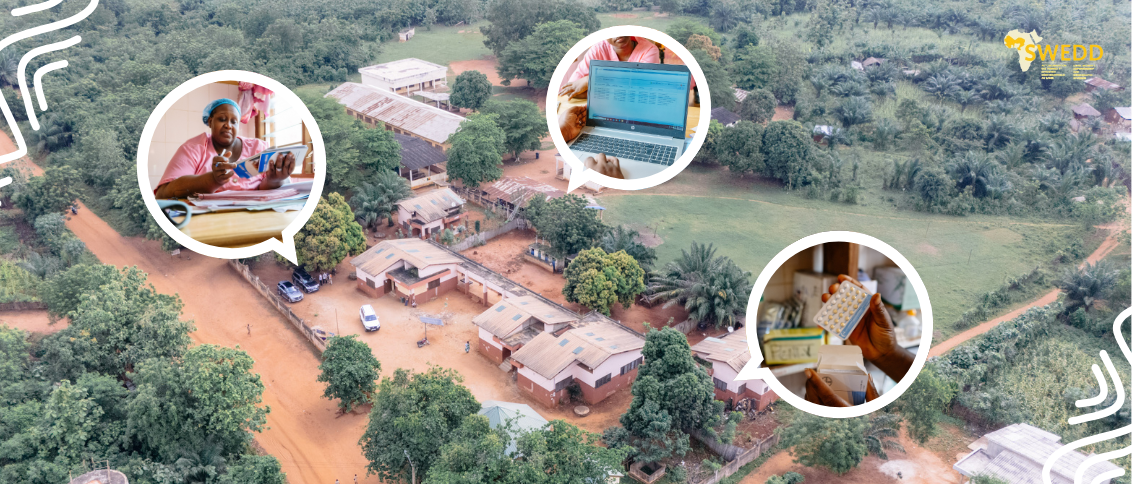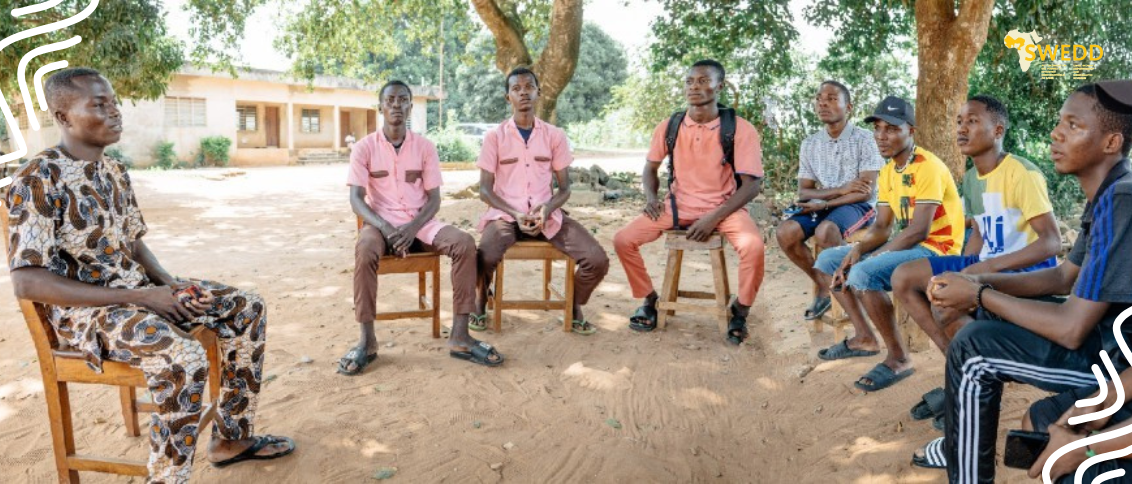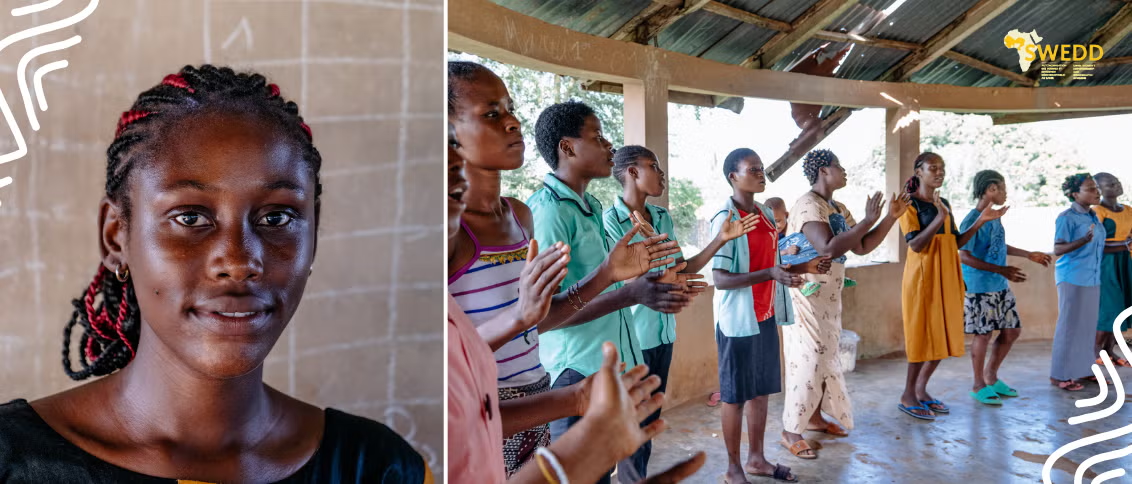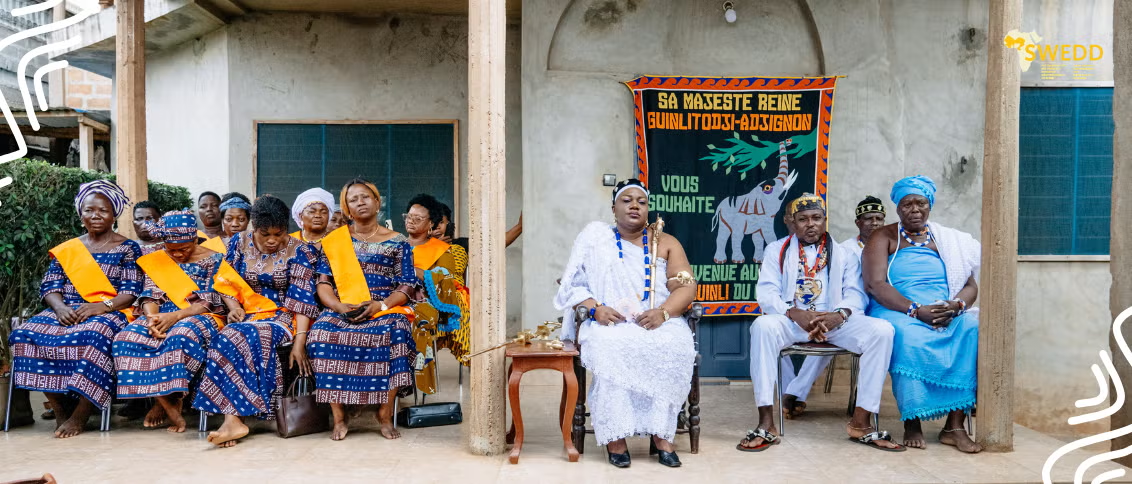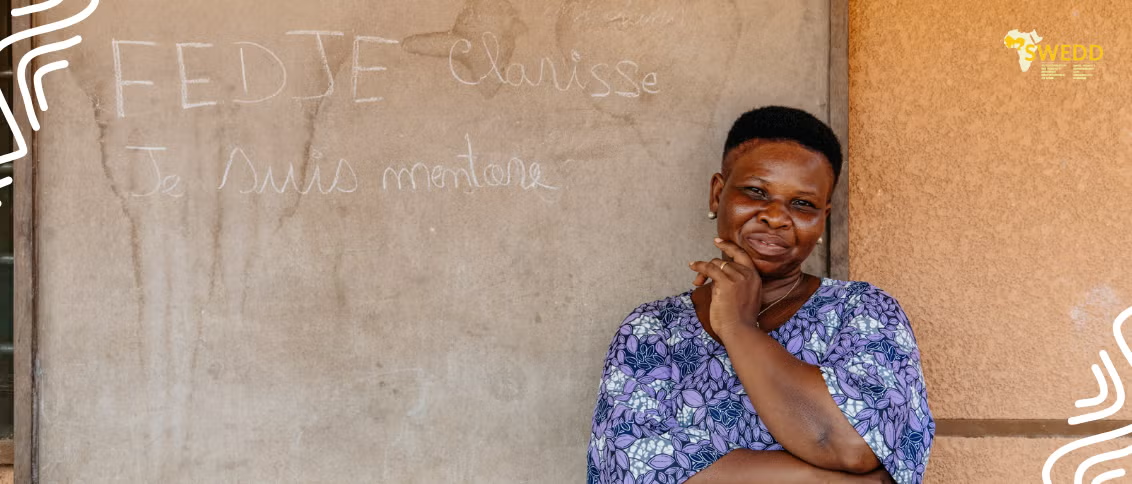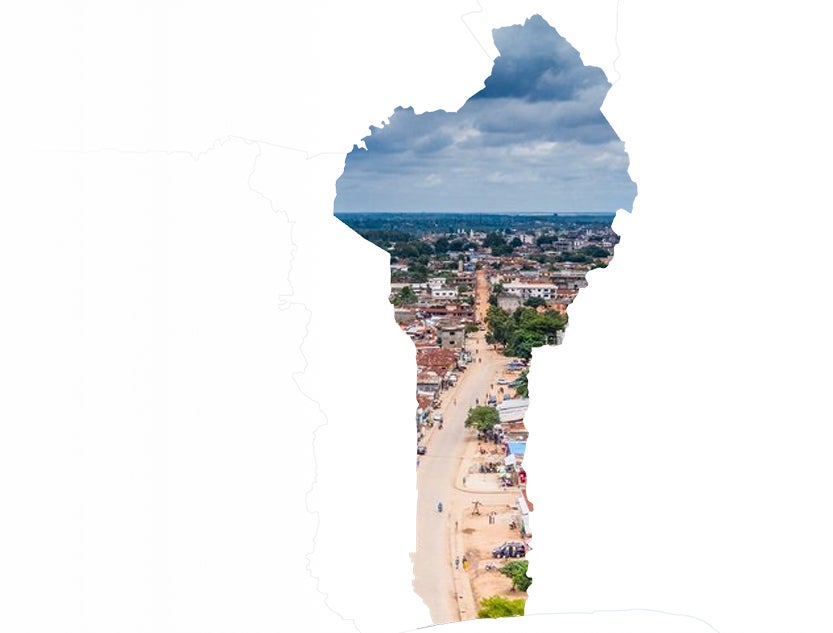
Benin
“I was able to study electrical engineering as I wanted, thanks to a SWEDD scholarship” - Hermine Boni, 19, graduated thanks to the SWEDD project in her country. Find out more

BENIN
Overview
*Activate automatic English translation in the video settings
Benin's high fertility, declining mortality and young age structure make it a country with a pre-demographic dividend. Like other countries in the Sahel region, Benin is lagging far behind in its demographic transition, due to rapid population growth (2.6%).
Ensuring the availability of family planning services, including the supply chain for modern contraceptives, will be a key factor in accelerating Benin's demographic transition.
In this context, the main priorities of the SWEDD project in Benin include (i) training midwives to improve their reproductive health services for adolescent girls and women, including gender inequalities, menstrual health management and family planning (including post-partum family planning); (ii) working with partners to secure the supply and procurement of contraceptives so that supply can keep pace with increasing demand in the intervention areas.
- Number of girls at risk in the target area
SWEDD project interventions will focus on cross-border areas as well as areas where child marriage and early pregnancy are common. All project countries are neighbours and experience significant inter-country migration. Migration flows pose major challenges for governments in the provision of basic services (including education and health). The project will therefore focus on these cross-border areas and maximise the spill-over effects between them. In Benin, interventions will prioritise the eight prefectures of Atakora, Alibori, Borgou, Couffo, Collines, Donga, Plateau and Zou, where indicators of early marriage, early motherhood and live births are lowest, but will also include pockets of vulnerability in four of Benin's remaining prefectures, including Atlantique, Littoral, Mono and Ouémé.
Teachers, talk to your pupils about family planning!
© UNFPA/Ollivier Girard
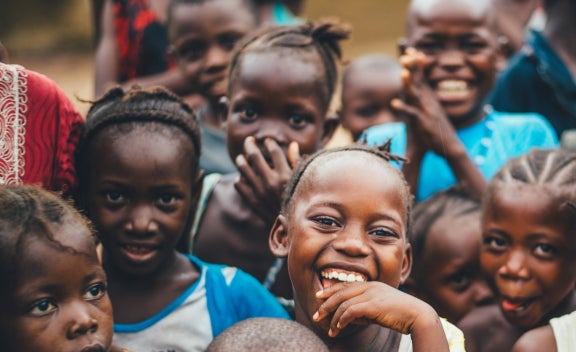
Facts & Figures
Projects
Promoting a change in attitudes and making reproductive health products and services more accessible
Many factors affect the health of women and girls, such as harmful socio-cultural practices, female genital mutilation, early marriage, levirate and clandestine abortions.

